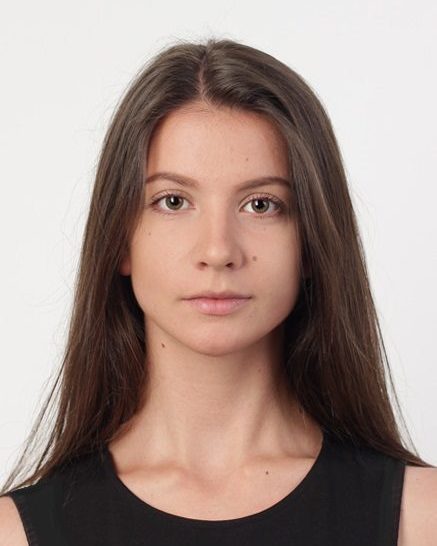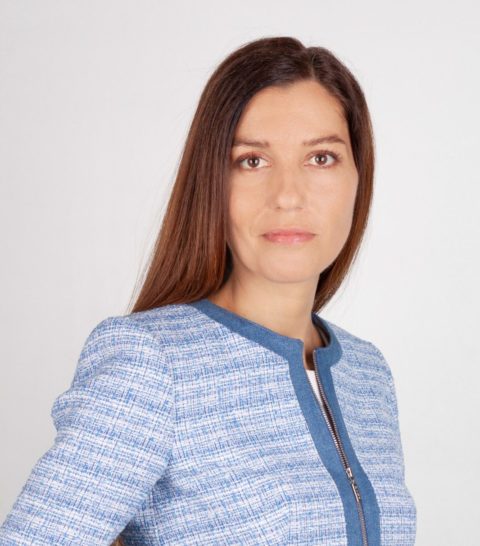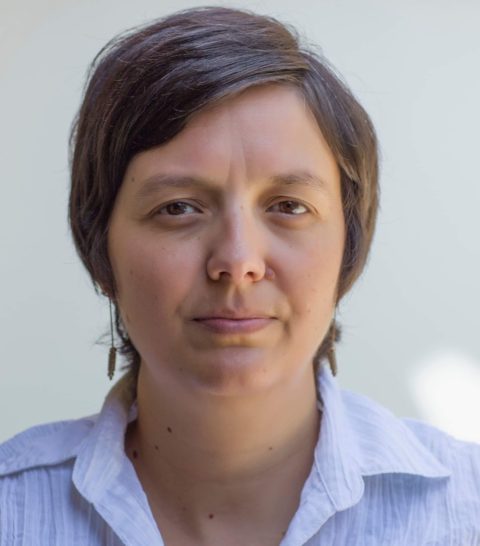Protection from Domestic Violence in Bulgaria
18 August 2020Private Clients, Family and Children
While natural affection and trust within the family home ideally ought to protect household members from violence and oppression from each other, when affection fails, rights are needed to provide safety. The overwhelming share of the victims of domestic violence are women and children, while it can affect men too.
The Bulgarian Protection from Domestic Violence Act 2005 (PDVA or the Act) provides victims with a recourse against these threats to their physical, mental, and social safety.
The following note aims to explain the procedure for seeking protection from domestic violence in Bulgaria which is laid down therein.
What is domestic violence?
Domestic violence can involve different forms of abuse: physical, sexual, emotional, mental, and financial, as well as the coercive restriction of private life, personal freedoms or personal rights. The attempt at abuse, i.e. when the act of abuse has not actually happened is also deemed domestic violence.
To be abuse within the meaning sense, the violence needs to be inflicted on family members (including former spouses) or on co-habitees by their family members or co-habitees. The violator does not need to reside at the time of violence in the home of the victims (despite the word domestic). It is also the case that co-habitation outside of the de facto spousal co-habitation is not caught by the law (thus flatmates or non-family members sharing a home cannot be held responsible for violence on each other under the Act), and most likely neither can homosexual partners living as if they were spouses (Bulgarian law does not currently recognise same-sex marriage).
While the other two types of abuse are relatively straightforward to explain, emotional, mental, and financial abuse, may need delineation. According to the guidelines published by the Ministry of Interior on its website (in Bulgarian), emotional abuse may take the form of, for example, constant criticism, shouting, insults, mocking, manipulation through lies, ignoring of the victim’s feelings, and others.
Mental abuse, on the other hand, while very similar to emotional abuse, unlike it, is harassment that usually takes the form of threats, verbal aggression, humiliation, etc., according to court practice. These two types of abuse overlap to a great extent, but mental abuse has longer-term effects, greater intensity, its consequences are of a longer duration and it has a greater depth of the violation, and is thus the more severe form of the two.
Examples of financial abuse include preventing the victim from working, selling the victim’s property against their will, as well as not allowing the victim into his or her home.
Domestic violence (any of its forms) committed in the presence of a child, although not directed at the child, is deemed to be emotional and mental abuse toward that child.
Domestic violence can be perpetrated by a relatively wide range of persons, but not for example by children younger than 14 years. There is an unsettled dispute in the doctrine whether domestic violence can only be inflicted intentionally, or also negligently, and whether a victim (e.g. a younger child) may seek protection from a child younger than 14.
In our opinion, when faced with such a case, the court should interpret the law broadly so as to allow for measures to be taken against such a child which are compatible with his or her status as a child. This necessarily precludes the otherwise mandatory fine under s 5(4) of the Act.
It is also worth noting that any victim can seek protection under PDVA, even if that victim has caused the respondent harm through self-defence or may be argued to have provoked the violence through prior unlawful actions of their own.
Who can apply for protection and against whom?
Section 3 PDVA contains an exhaustive list of the classes of persons who can seek protection. The more common are the victims abused by:
- their parents or adoptive parents,
- children (cf. discussion above),
- present and former spouses,
- domestic partners, and
- a parent’s domestic partner.
The request for protection may be submitted by the victims if they are themselves at least 14 years old. Where the victim is younger necessarily and where the victim is older than 14, optionally, the application can be made by their:
- siblings,
- ascendants and descendants,
- adoptive parents, or
- the director of the local social services when the victim is under age (younger than 18), sectioned or disabled.
The victim and/or perpetrator can be of any nationality. We often advise the victim where both the victim and the perpetrator are foreign nationals who happen to live in Bulgaria.
Procedure
The victim may apply for protection to the local court in the area of their current or permanent residence. A small government fee of BGN 25 applies. If the request is upheld, the legal expenses, including the state fee and legal fees, will be borne by the perpetrator.
Evidence
Where there is physical, sexual, emotional or psychological violence, evidence from a physician may be helpful. A document from a medical doctor who legally has care of the complainant and is therefore obliged to to certify the trauma or injury will be especially helpful.
There is one very important piece of evidence that needs to be attached to the application for protection, namely the declaration by the applicant under s 9(3) of the Act that the stated facts of domestic violence are indeed true. Such a declaration is necessary as in domestic violence cases, due to their intimate character, it is often the case that the victims have no objective evidence like video footage or witness evidence. As a result, the standard of proof is intentionally significantly lowered and the court may issue a protective order even solely on the basis of such a declaration – s 13(3) PDVA. However, the declaration may be rebutted by contradictory evidence.
Intentionally submitting a false declaration is a criminal offence and applicants must only state facts which, to their knowledge, are true.
One-month time limit
A crucial point with domestic violence is that the application for protection must be filed not later than one month following the act of domestic violence. Otherwise, the request will be denied.
Range of available protective court orders
The protection measures the court may order may be any, or a combination, of the following:
- requiring the perpetrator to abstain from committing further domestic violence,
- requiring the perpetrator to live outside the shared dwelling for a period of time,
- prohibiting the perpetrator from approaching the victim, the victim’s home, place of work, or any other specific place determined by the court,
- temporarily accommodating an abused child with the non-abusive parent alone on terms as determined by the court,
- requiring the perpetrator to attend specialised programmes, and
- assisting the victims tо attend recovery programmes.
The court is not bound by what is requested by the victim and may impose any that it deems fit to effectively protect the applicant. In any event, the perpetrator will be additionally fined between BGN 200 – 1,000 (approx. EUR 100 – 500) – s 5(4) of the Act.
The proceedings are intended to be swift. Consequently, a hearing is scheduled for a date no more than a month after the application date.
However, when the request contains information about imminent threat to the victim’s life or health, the court may order interim protective measures within 24 hours of application. Such a preliminary protective order cannot be appealed and remains in force until the decision with which the court issues or refuses to issue a final protective order.
In addition, anyone who is threatened by domestic violence may seek the police’s assistance at any time.
The first-instance court’s decision may be appealed from the local court to the district court within 7 days of service. The district court must schedule a hearing within 14 days of its being seised. Its decision is final and cannot be appealed further.
Interaction with divorce
When married couples reach a point in their relations that necessitates the issue of a protective order, a divorce is also usually considered.
The applications for divorce and protection from domestic violence are separate and can unfold simultaneously or not.
However, in practice, it makes sense for the victim to seek a protective order to have their own safety guaranteed first and then to proceed to dissolve the marriage. The outcomes are not inter-dependent but a protective order against a violent spouse may achieve in practice temporary sole exercise custody over children, and may function as a de facto interim custody order.
For more on divorce, please see our article on the topic.
Further questions
NBLO takes domestic violence seriously and regularly assists victims in protecting their rights. Do not hesitate to contact us if you are a victim of abuse and in need of protection. We will treat your case with priority and utmost sensitivity.












